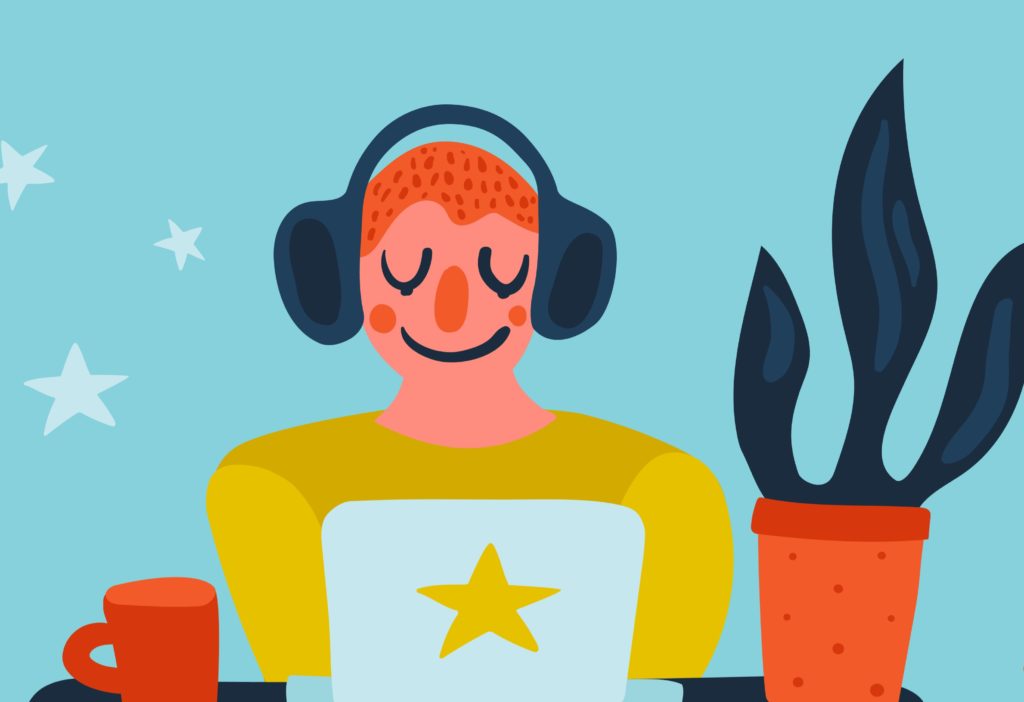Evidence shows that background noise affects the way a student studies. Whether or not it distracts them or helps them study better primarily depends on the individual’s personality and the characteristics of the background noise.
Introverts and Extroverts

Concerning one’s personality, introverts are generally unable to focus with background noise. A study specifically found that they performed worse on reading comprehension tests, memory exams, and some mathematical activities when music and office noise filled the background. Those without the distractions performed much better. Background noise made most introverts feel “pressured” and “annoyed.” They preferred studying or performing mental tasks in silence where no such distraction would expend their psychological resources.
Extroverts, meanwhile, showed similar test results with and without background music or office noise. The environment as it pertains to background noise does not matter to them; they can function well with or without it.
What do the experts say?

Experts say the main reason for the difference in the effect of sound on individuals who are studying lies in how their brain is structured. Noise essentially diverts the mental resources of the introvert’s brain that is responsible for memory recall and problem-solving and distracts them as a result. In an extrovert’s mind, the blood flow to these regions is comparably lower. These findings suggest that extroverts may have memory and problem-solving abilities that are inferior to introverts, but they are at an advantage in an environment that is filled with distractions. In some cases, extroverts are even able to study and retain information better when they are outside the library where it is “too silent” because silence “distracts” them.
Noise is typically considered detrimental to one’s cognitive performance. Research also points to syncopation, which is the “speed” or “beat” of the noise that makes it noticeable, distracting or aggravating. Library background noise, for example, has a tempo and beat to it that is predictable and pleasing to the ears. Noise from a functioning electric fan or the subtle sound that the air conditioner makes is on a relatively steady pace; enough not to be distracting. To an introvert, this stability in sound levels provides a certain degree of comfort. There are also types of music that can be relaxing and may help people study better, as the Mozart Effect suggests.
Recommended Schools
On the other hand, unpredictable sounds and unsteady tempos like intermittent vehicle noises can “jolt” the brain. Once the rhythm is broken, the brain must try to get back into its natural state.
How do I avoid noise altogether?

For people who can’t stand background noises and find them distracting, staying focused and mastering memorization skills can be a challenge. Most of them would alleviate the situation by getting noise-canceling earplugs to work, turning down the volume (of television for example) or, ultimately, leaving and finding a quieter spot. There are also ways to improve concentration when distracted, such as through breathing meditation. Find a study environment that works for you to enhance your ability to learn!